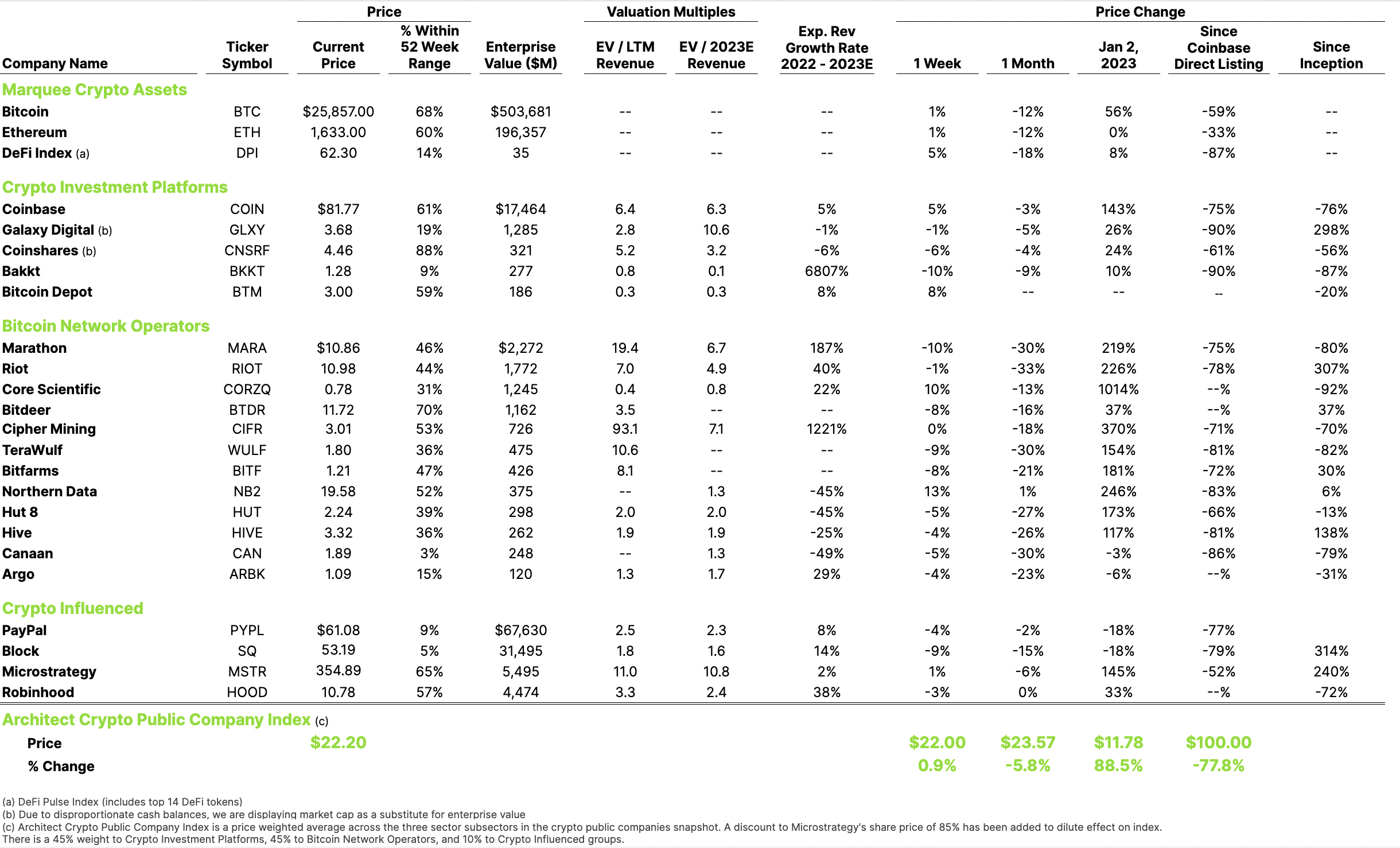Consistent disclosure of reliable financial information to investors and markets is one of the primary objectives of the US federal securities laws. And yet even where accounting guidelines are clear, disparate reporting among similar companies can lead to confusing results. We saw this a few weeks ago with Bakkt’s acquisition of Apex, which made economic comparisons based on GAAP numbers alone difficult.
A lack of clarity can create even greater distortion. For example, historically there has been no specific accounting rule to report crypto assets in the U.S. The common treatment adopted by many companies – including Microstrategy, Marathon Digital, and Riot Platforms – treats digital assets such as Bitcoin as indefinite-lived intangibles, booking them at historical cost subject to “impairment” losses over time when prices fall below their carrying value. Such losses run through the income statement, land reduces balance sheet value, but without associated gains if prices recover. Some may view it as simply conservative, but during an up market both reported income and asset values may appear deflated against economic reality. To many investors this would seem confusing at best.
The Financial Accounting Standards Board (FASB) voted this week to approve a new rule addressing digital assets. Released in an exposure draft In March for public comment, the new rule will apply “fair value” accounting to recognize changes in digital assets values on the income statement and carry resulting balance sheet assets closer to current market value. FASB expects to issue the formal standard before year end, with mandatory effect for 2025, with the ability to adopt the rule earlier.
The rule isn’t perfect, and the potential for distortion may remain – for example, price volatility could create noisy results for companies that intend to hold their digital assets for the long term. But on balance treating crypto as a financial asset that is marked to market seems a sensible and more easily explained than previous treatment as an intangible.
